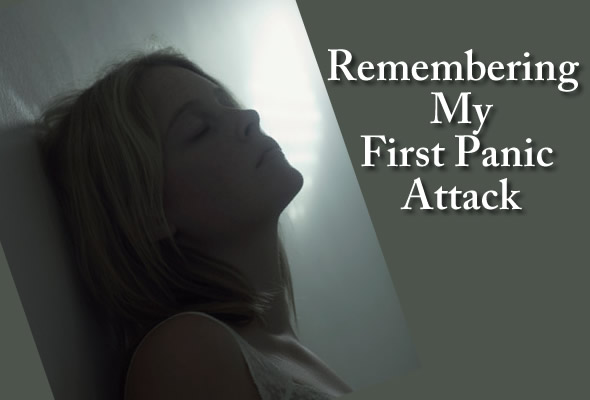Effects of an anxiety attack is variable and depends from person to person. For most patients the first time you call an ambulance for fear that they have a heart attack or an attack of nerves. It is said that the most frightening, disturbing, to cope with some painful experiences. A new study shows that postmenopausal women with panic disorders and panic attacks three times higher risk of heart attack or stroke within the next five years.
To stop an anxiety attack? The most important in the anxiety attack over what is to come through different breathing techniques. This eliminates the feeling of fear and they can prevent an attack. Many people may think the breathing is very easy to stop the attack. But in reality it is a false idea. Breathing is an important way to stop these annoying problems.
Many people ask, "how to reverse an anxiety attack stop to think that the answer would be very complicated. But in fact, there are many simple ways possible. You can of self-help, psychological therapy, medication or even avoid that one places could benefit trigger anxiety attack. These pages are shopping centers, department stores, restaurants, churches, conferences, courses, driving, being alone, airplanes and elevators. The places crowded all or nothing are overcrowded. In addition to what the American Psychological Association, said that most experts agree that are a combination of cognitive and behavioral therapies the best treatment for panic disorders.
